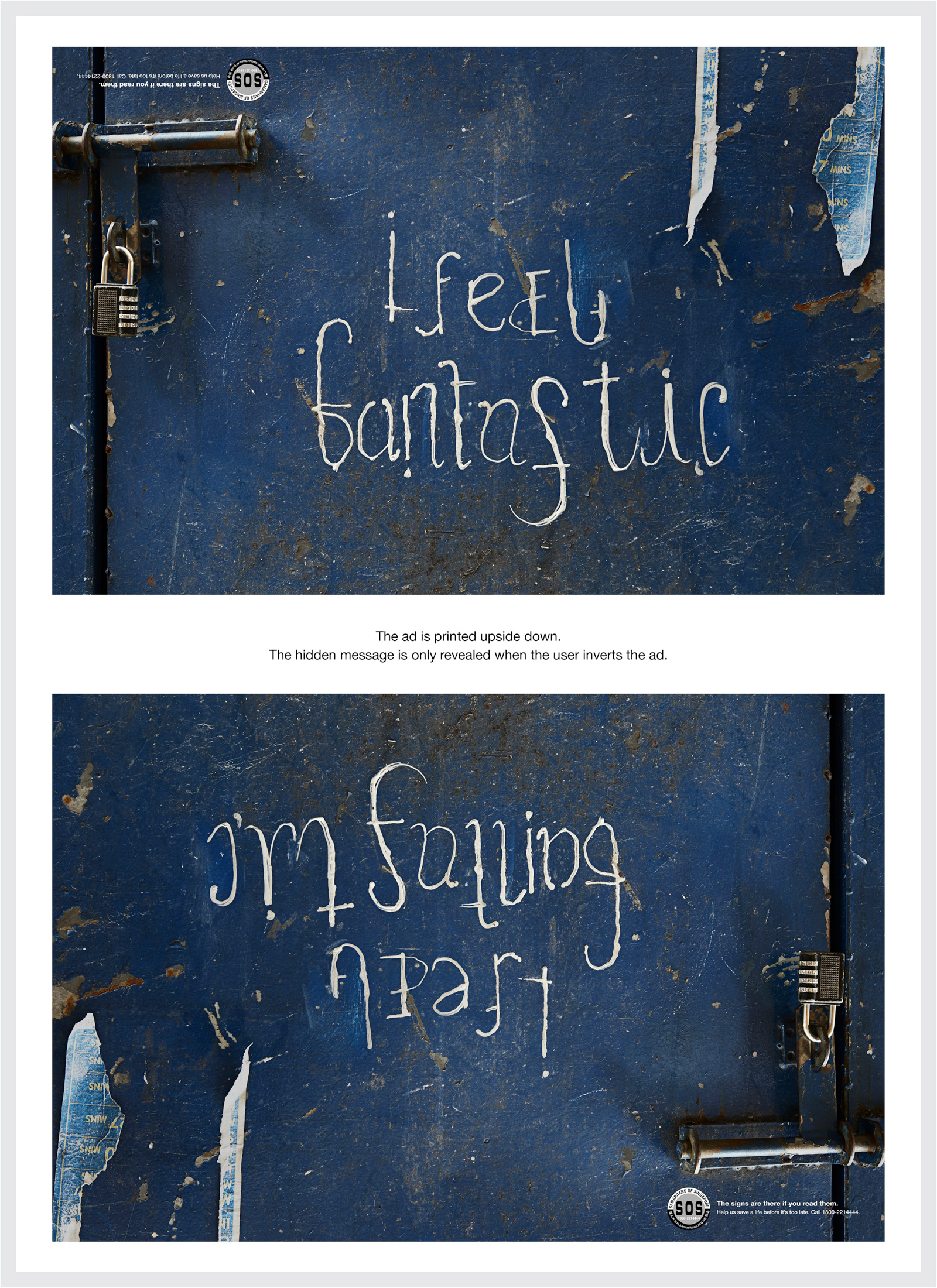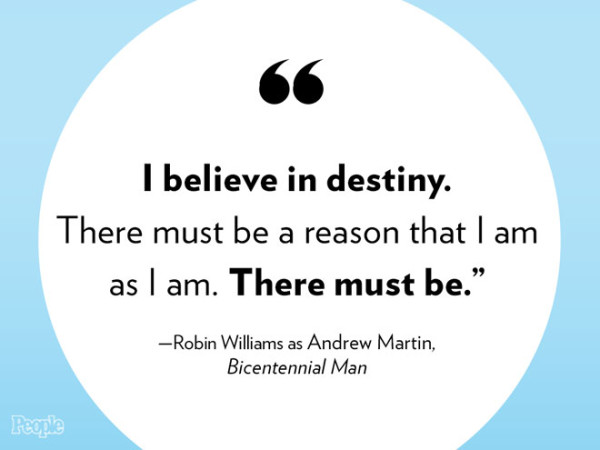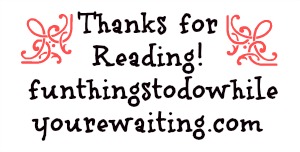 In the year 1806, a well-dressed man in his twenties visited a doctor who was renowned throughout London for being able to treat what nowadays we’d call depression, but back then was called melancholia.
The patient explained that he felt overcome by a terrible sadness, that he didn’t want to get up in the morning. He could not see any point in his existence.
“With your condition I would normally prescribe a course of my patent powders,” said the doctor, “but it so happens that I have recently come across something which will alleviate your condition much more quickly.
“You must,” he continued, “go to the Covent Garden theatre to see the pantomime, Harlequin and Mother Goose. This is the happiest thing I have ever seen performed on a stage, tears of laugher ran down my face. Why, sir, I can almost guarantee that watching Grimaldi the clown will cure you completely!”
“Ah, but doctor,” said the man sadly, “I am Grimaldi the clown.”
In the year 1806, a well-dressed man in his twenties visited a doctor who was renowned throughout London for being able to treat what nowadays we’d call depression, but back then was called melancholia.
The patient explained that he felt overcome by a terrible sadness, that he didn’t want to get up in the morning. He could not see any point in his existence.
“With your condition I would normally prescribe a course of my patent powders,” said the doctor, “but it so happens that I have recently come across something which will alleviate your condition much more quickly.
“You must,” he continued, “go to the Covent Garden theatre to see the pantomime, Harlequin and Mother Goose. This is the happiest thing I have ever seen performed on a stage, tears of laugher ran down my face. Why, sir, I can almost guarantee that watching Grimaldi the clown will cure you completely!”
“Ah, but doctor,” said the man sadly, “I am Grimaldi the clown.”
It has been two weeks since Robin Williams’s untimely death. He leaves behind an enormous legacy eclipsed only in size by his worldwide, all-ages fan base. He possessed fame, wealth, a storied career– things to which many of us aspire– and yet, (unbeknownst to many) he also possessed crippling depression and addictive tendencies. Along with the countless brilliant moments he gave the world, his passing also gave us another gift. He brought the discussion of depression and mental illness to the world’s forefront. In the days after Williams’s death, answers and explanations were given to a world struggling to understand why someone so gifted, so lucky, would choose to leave it so violently. It seemed almost incomprehensible to the world that someone with so much could be hurting so bad. And yet. We are reminded again what a real and deadly disease depression is. It can affect anyone, no matter their stature, or how much or little they possess. Williams’s passing left us at FTTDWYW, like so many, with a spectrum of emotions: from heartbreak and anger, to confusion and fear. We mourned for his family and friends but also for the loss of such a great resource and it’s future potential. It is fitting that even in his death, much like in his life, he was a gift to us. For there is no other or better way to combat darkness than to shed light upon it.
Since the inception of this blog, we have wanted and planned for today’s post. It was always  something on the horizon we wanted to discuss, but the time was never quite right. Williams’s passing made now the right time, for us. Discussing depression and mental illness is not a fun thing to do, we acknowledge, but it is certainly of the utmost importance. Depression is something that has touched both of our lives. If sharing that information touches even one set of eyes looking for encouragement or acceptance that they aren’t alone, then this post will not have been for naught. Even in such an age of advanced science/research and forward thinking, the truth of depression is still shrouded in so much shame and misinformation.
something on the horizon we wanted to discuss, but the time was never quite right. Williams’s passing made now the right time, for us. Discussing depression and mental illness is not a fun thing to do, we acknowledge, but it is certainly of the utmost importance. Depression is something that has touched both of our lives. If sharing that information touches even one set of eyes looking for encouragement or acceptance that they aren’t alone, then this post will not have been for naught. Even in such an age of advanced science/research and forward thinking, the truth of depression is still shrouded in so much shame and misinformation.
The reality is that so many people around you are plagued by the dark underbelly of depression, yet, so many choose to keep it a secret… as if it is something of which to be ashamed. So many people hide behind a smiling mask, exhausted by the effort; concerned with expectations and not their health. Why is no one challenging someone to dump ice buckets full of water over their heads for one of the world’s most prolific diseases? It is critical that we (as a society) talk about it. Depression and asking for help does not show weaknesses. A disease is not a deficiency in character. Every time we share our truth, without shame, the stigma lessens. It is a disease, not a choice. Often the most brilliant and the “least likely,” are the ones who hide behind the mask of “normality.”
Depressed people are often told to, “get over it,” or “deal with it.” Those words, although mostly well-intentioned, are meant to shame one into thinking that the pain isn’t serious or real. No matter your situation (whether you have everything or nothing), pain is real and feeling pain is truth. Even if your feelings seem irrational to other people, the fact that the pain is within you makes it real and true. Whether it is caused by a chemical imbalance, whether it is temporary or long-term, whether it is a matter of neurogenesis… it is doesn’t matter. It is real and it is scary.
At the very end of the day, we both generally operate in a no-judgment zone. As long as what a person is doing doesn’t hurt themselves or anybody else- we’re generally cool with them. This precedent carries on over to our blog. In no way are we judging anybody on either side of the issue, lest we be judged. But. We do expect everybody to champion for their best selves and if that means taking daily meds, that means taking daily meds. If that means being courageous enough to ask for help while wading through dark waters, then do that thing.
If you are plagued by depression it is absolutely necessary to address it. Seek help however you can. If you have a headache, few people think twice about taking medicine to make the pain go away. Why isn’t this same logic applied to depression? When, where, and who assigned shame in taking medicine to make ourselves feel better?
The world is so much brighter and better for having you IN it.
We both loved Robin Williams’ body of work and are deeply saddened by the fact that the punctuation at the end of his life is suicide. It is indicative that he was so lost in his own head that he could not see the long-term effects suicide would have on his family and friends. Suicide is never the best or only choice.
Depression can be a nasty beast. But is it one that can be tamed? You should stick around to find out.





2 Comments